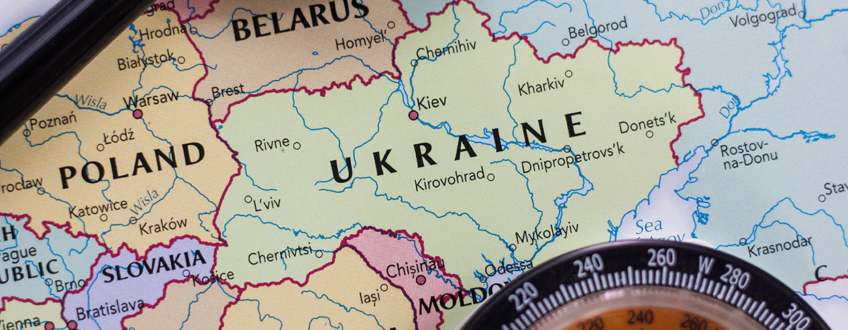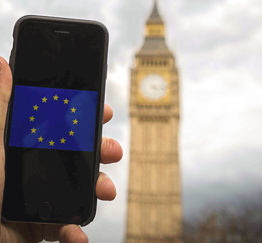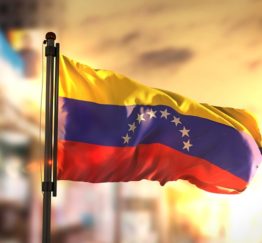When Russia invaded Ukraine last month, countries around the world responded by announcing wide-ranging trade sanctions on Moscow, its ally in the conflict Belarus, and certain parts of Ukraine.
The common theme of the measures centered on imposing sanctions on prominent members the Russian elite along with major banks including the Central Bank. A number of Russian banks were also barred from SWIFT (Society for Worldwide Interbank Financial Telecommunications), making it far more challenging for Russian companies to conduct international financial transactions, further isolating the country’s financial system from the rest of the world. Additionally, expanded export controls were clamped on high-tech and sensitive dual use and military products, especially aerospace, maritime, energy, and defense goods and technology.
These latest sanctions are in addition to global restrictions that have been put in place over the past eight years of the Russia-Ukraine conflict, which were all aimed at de-escalating the situation.
As of end-February, the following countries have announced sanctions: the United States (departments of Treasury and Commerce), the European Union, Canada, Japan, Switzerland, Australia and New Zealand.
Given that more sanctions are likely, businesses are expected to find it more challenging to keep pace with all the new rules and regulations in order to keep their supply chains moving efficiently. As a result, Descartes has created the Russia-Ukraine Sanctions Resource Center, which will provide latest sanctions updates, as well as suggestions on compliance best practices. Check it out!





